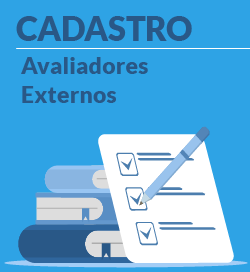DEVELOPMENT OF A BOARD GAME ON THE HEALTH OF THE ELDERLY FOR NURSING EDUCATION
Resumen
Background: The demographic and epidemiological transitions have increased the demand for innovative educational strategies in nursing education, particularly regarding elderly health. Traditional teaching methods often fail to address the complexity of chronic conditions prevalent in older adults. Purpose: To develop and validate an educational technology in the form of a board game to support the teaching of elderly health to undergraduate nursing students. Methods: This methodological study with a psychometric interface and quantitative approach was conducted in four stages: (1) literature review to support content development; (2) creation of game content and rules; (3) design of the board and cards; and (4) validation of content and design by 56 health experts and playability testing with 31 nursing students. Content Validity Index (CVI) and descriptive statistics were used for analysis. Results: The board game "GerontoCare" was developed with 120 cards across four categories: pharmacology, physical examination, healthy habits, and chronic non-communicable diseases. Expert validation showed high agreement (CVI = 0.98), and students rated the game highly for clarity, engagement, and educational value, with average scores above 9.0 in most items. Conclusion: "GerontoCare" is a validated educational tool that enhances learning about elderly health in nursing education. It aligns with curricular guidelines and promotes active, reflective learning. Implications: This board game represents an innovative approach to nursing education, fostering critical thinking and engagement. It can be integrated into curricula to improve knowledge retention and prepare students for elderly care in primary health settings.
Descargas
Publicado
Número
Sección
Licencia
Derechos de autor 2025 Revista Diálogos em Gerontologia

Esta obra está bajo una licencia internacional Creative Commons Atribución-NoComercial 4.0.
A Revista oferece acesso livre e imediato ao seu conteúdo, em consonância com o princípio de que tornar o conhecimento científico amplamente disponível contribui para a democratização do saber. Os(as) autores(as), ao submeterem seus trabalhos, declaram-se detentores(as) dos direitos autorais e autorizam seu uso livre, desde que sem fins comerciais, com obrigatoriedade de atribuição de crédito apropriado à autoria original. Os conteúdos podem ser lidos, baixados, copiados, distribuídos e impressos, conforme os termos da licença Creative Commons Atribuição-NãoComercial 4.0 Internacional (CC BY-NC 4.0).





